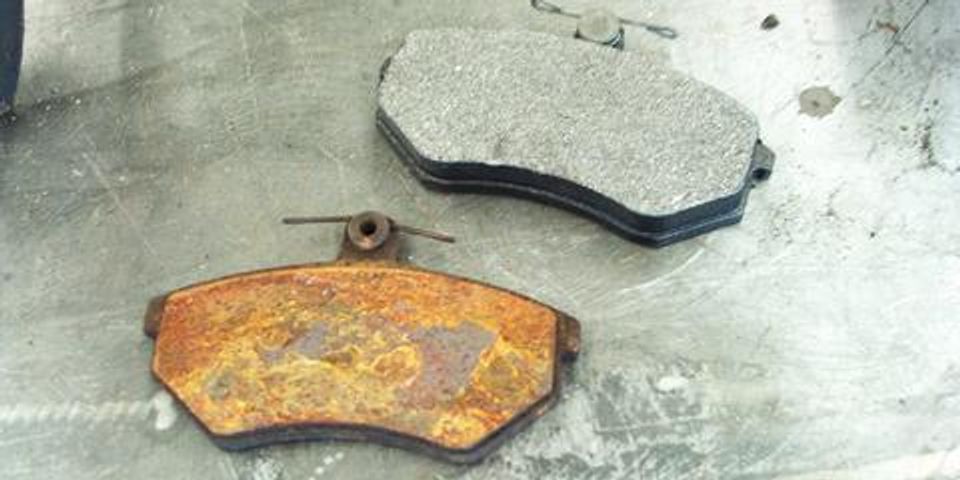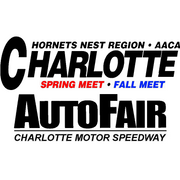4 Tips For Choosing Brake Pads For Your Vintage Car, From Charlotte AutoFair

Held twice a year,the Charlotte AutoFair Produced by Hornets Nest Region, AACA is a place for car collectors and vendors to buy and sell collector cars, as well as restoration car parts and supplies for antique cars. The auto experts that attend this auto show know that one of the parts that might need to be replaced on your antique car before your next show is the brake pads.
In order to help you choose the correct type of brake pad, you should consider how the car will be driven. Each time you brake, friction and heat are produced. Different types of brake pads can withstand different levels of friction and heat.
When choosing replacement brake pads, consider the following types:
- Organic: Organic brake pads are the least expensive, but operate within a small temperature range. They don’t last as long as other options and are best suited for casual driving. Organic brake pads are not recommended for classic cars that will be run on a track or driven aggressively.
- Semi-Metallic: Semi-metallic brake pads are currently the most common type of brake pads. They generally offer better performance and longevity than organic brake pads, although they produce more brake dust and are harder on rotors.
- Metallic: Metallic brake pads are the most durable and are suitable for high heat and aggressive driving. If your classic car will be raced on track, metallic brakes will perform beautifully. However, at the low speeds of regular street driving, there won’t be enough heat generated to stop the car effectively.
- Ceramic: Ceramic brake pads are the quietest option, but also the hardest on the rotors and other braking components due to their poor dissipation of heat. They are more expensive than semi-metallic brake pads, and not as suitable for track driving as metallic brake pads.
When you are preparing your vintage car for your next auto show, don’t forget to check the brakes. If you have questions about which brake pad is best for your car, one of the vendors at the Charlotte AutoFair Produced by Hornets Nest Region, AACA can help. Get more information about the fair online or by calling (704) 841-1990. You can also follow the show on Twitter for the latest updates.
About the Business
Have a question? Ask the experts!
Send your question

